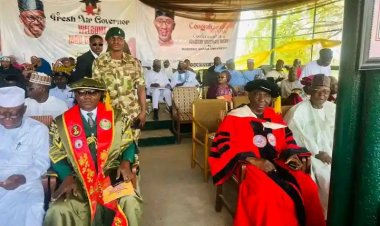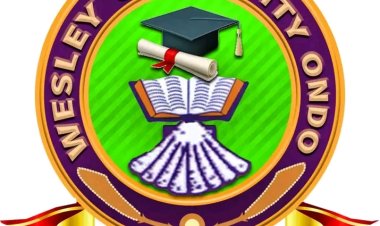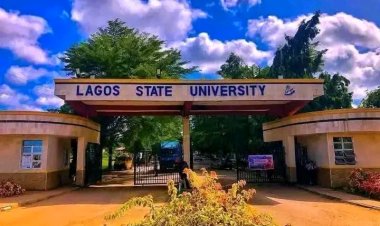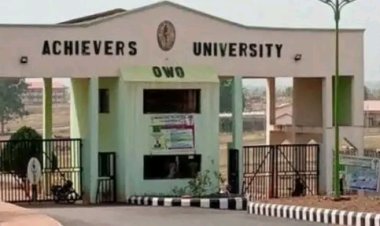FUTA Hosts Workshop to Boost Research Opportunities for African Scholars Through U-M Collaboration
The Federal University of Technology, Akure (FUTA) recently hosted a workshop aimed at enhancing research knowledge and opportunities for young academics from African universities.
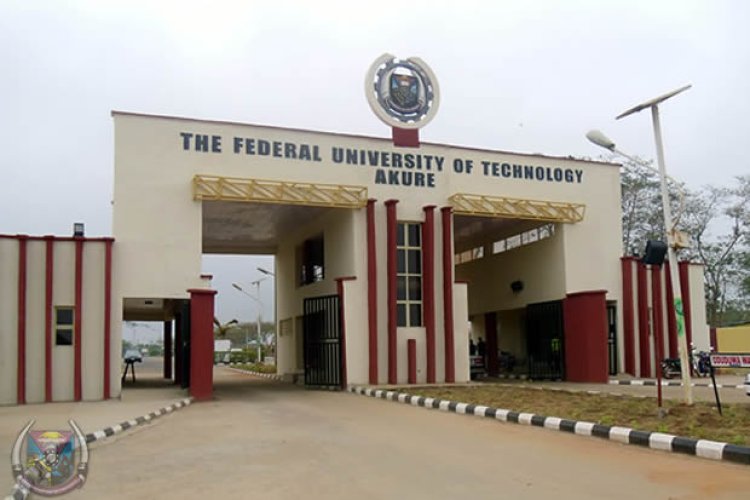
The Federal University of Technology, Akure (FUTA) recently hosted a workshop aimed at enhancing research knowledge and opportunities for young academics from African universities. Held on September 5, 2024, at the T. I. Francis Auditorium, the event was organized by the International Strategy Office (ISO) at FUTA to strengthen collaboration with the University of Michigan under the University of Michigan African Presidential Scholars (UMAPS) program for the 2025/2026 academic year.
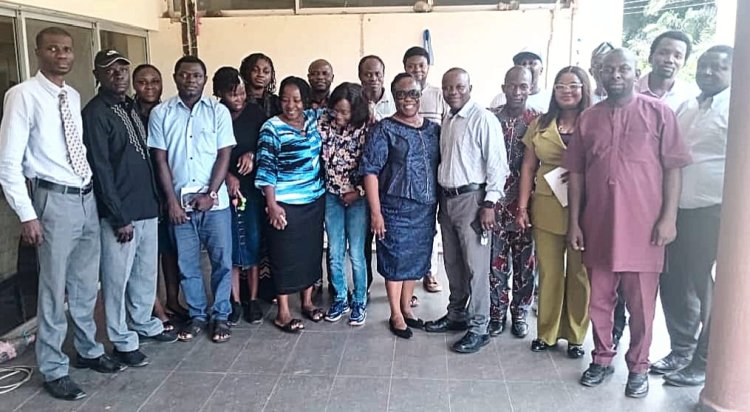
In her opening remarks, Professor Juliet Akinyele, Director of ISO, emphasized the significance of the collaboration between FUTA and the University of Michigan. She highlighted the program’s past successes, noting that two FUTA applicants secured fully funded scholarships in the previous edition. Akinyele stressed the importance of Nigerian universities taking full advantage of such opportunities and mentioned ongoing efforts to increase the number of slots available.
Professor Adebanjo Badejo, Associate Director of ISO and the workshop’s main speaker, explained that the UMAPS program aims to strengthen faculty members at African universities by integrating them into international academic networks. The program offers early-career faculty the chance to work with University of Michigan collaborators and access resources to advance their research projects, academic degrees, publications, and grant proposals.
Badejo outlined that the UMAPS program supports a diverse range of disciplines, including the African Heritage and Humanities Initiative (AHHI), the African Social Research Initiative (ASRI), and the Science, Technology, Engineering, and Mathematics Initiative (STEM-Africa). Each initiative focuses on different aspects of African research and development, from the arts and social sciences to STEM fields.
Eligible applicants must have at least ten years of continuous teaching experience, institutional support, and a commitment to returning to their home institutions to contribute to academic growth. Badejo advised participants to craft original and compelling applications, keeping them concise and professionally written to include background, problem methodology, and expected benefits.
The program, which runs twice a year from January to May and August to December, offers a minimum of $10,000 in funding. The workshop attracted participants from FUTA, Adekunle Ajasin University, Akungba Akoko, and Elizade University, Ilara Mokin, who were provided with guidance on navigating the application process and leveraging the opportunities offered by the UMAPS program.

 UBA CHIDINMA
UBA CHIDINMA 